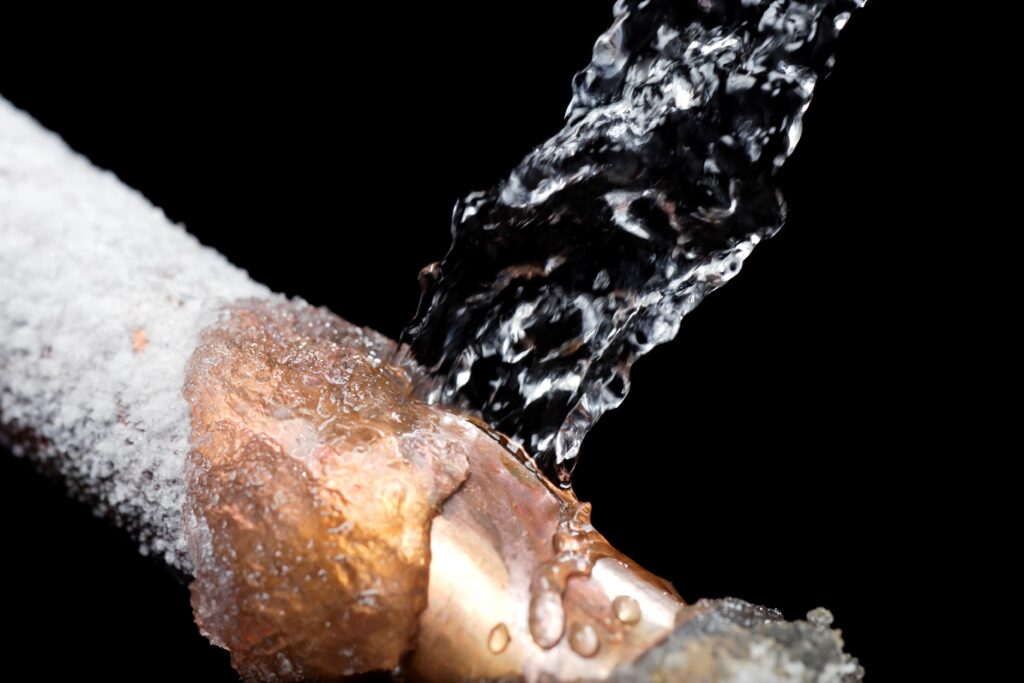December 12, 2025
Gemma makes it a double with second Kudos of Year Award
Property claims handler Gemma has completed an amazing double by winning the Catalyst Services...

Watch out there’s an ice bomb on its way!
Weather forecasters like to make their predictions sound dramatic – but there is a strong chance of ice and snow blasting large areas of the UK in the weekend before Christmas.
The worst of the winter weather is also likely to be ahead of us as January and February traditionally bring storms, with lots of heavy rain and winter freezes.
Plummeting temperatures bring with them two forms of potential household emergencies involving water – defective drains and freezing water pipes.
Here is the good news: there is still time to take simple steps to prevent problems occurring and, if the worst does not happen this weekend, to plan to stop winter weather threatening homes in the New Year.
Catalyst Services UK delivers drainage, water supply pipe, leak detection and home emergency services for some of the UK’s largest insurance companies, and for property managers.
Its experts have drawn up advice on how to prevent heavy rain, ice and snow causing problems – and potentially ruining your festive holiday – and what to do if the worst happens.
Drains are out of sight and out of mind. But we know it when things go wrong. These simple checks followed up by preventative maintenance can head off these winter problems.
If your checks lead you to believing your drains are blocked, seek advice from a reputable drainage specialist, like Catalyst. It is possible that the problems are caused by defective drains, which need to be repaired by a drainage contractor.
Problems caused by freezing weather are most commonly associated with water pipes, which are most likely to fail when temperatures drop.
Water expands by nearly 10% when it freezes, causing pipes to block and sometimes burst. The Association of British Insurers figures show a burst pipe will cost an average of £8,800 to fix, so it’s a problem worth avoiding.
Simple checks can head off many water supply pipe problems before they occur.
Central heating boilers can struggle in cold weather due to coping with extremely cold water or being left on for longer.
They can also be affected by freezing pipes. If you have a condensing boiler, the condensate pipe is most likely to be the culprit. This is a plastic pipe that comes out of your boiler. It may be frozen where it goes outside.
Repair and maintenance of heating boilers should only be carried out by a qualified and certified technical or engineer. So, make sure you have the right specialist to call on when things go wrong.
If you have a home maintenance service agreement, check to see if it covers winter weather problems. Your insurance policy may also cover asset repairs, but some do not.
If your property has suffered flood damage, again your first option should be to check your home insurance policy and, if the issue is covered, contact your insurance provider for assistance.
Where you do not have a home maintenance service, or you insurance policy does not cover the winter weather emergency and related damage it has caused, call Catalyst.
We have a national network of experienced and skilled tradespeople who can assist with:
We work with insurance companies and loss adjusters and property managers to keep homes and business properties safe and to respond quickly to maintenance emergencies.
Telephone: 0333 004 8008
Email: [email protected].